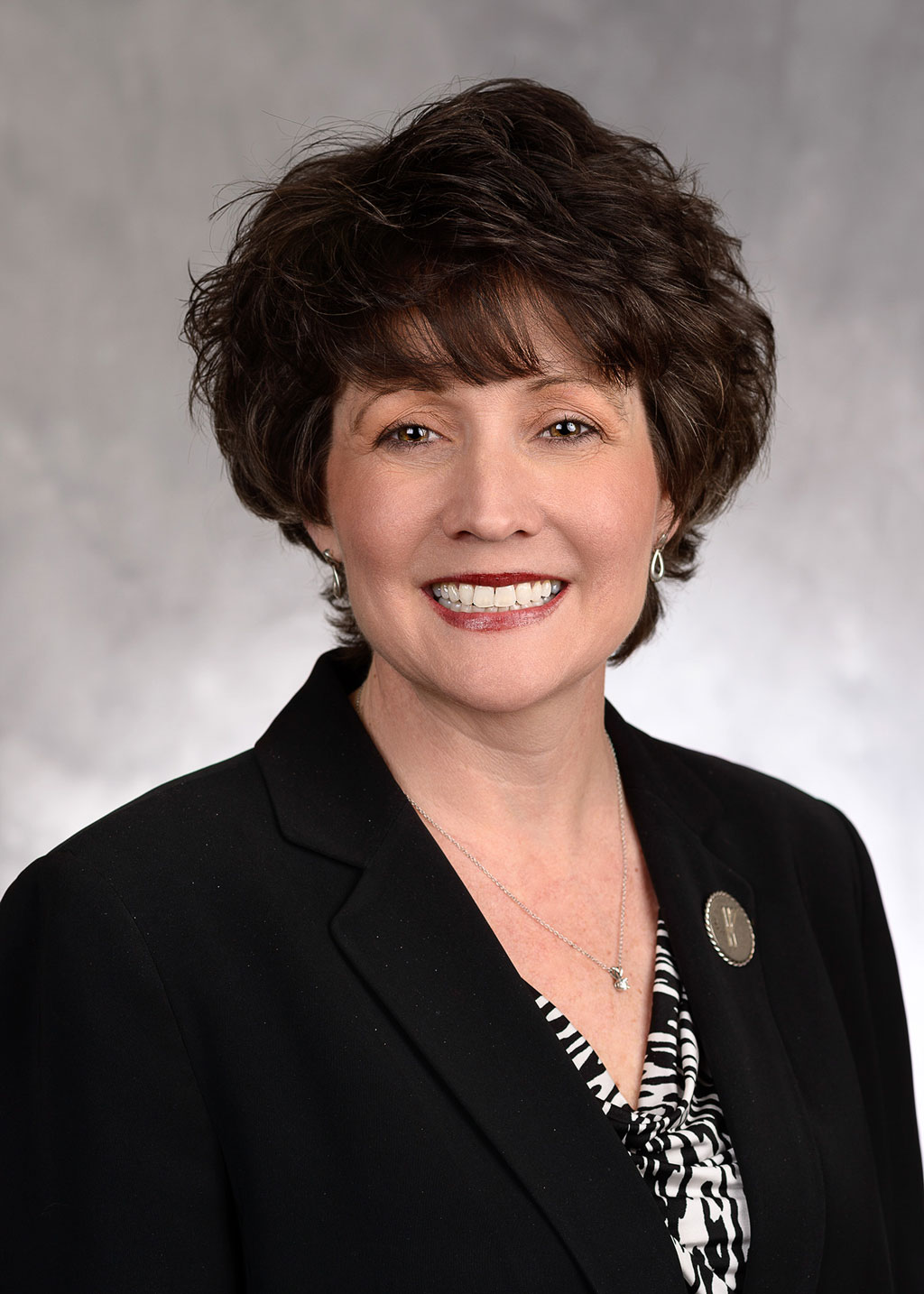BE READY FOR THE REVOLUTIONS!
 Economic and talent-development experts tell us we are on the brink of not one, but two revolutions.
Economic and talent-development experts tell us we are on the brink of not one, but two revolutions.
Dr. Klaus Schwab, founder and executive chairman of the World Economic Forum, speaks to the arrival of the Fourth Industrial Revolution as “distinct in its velocity, scope and systems impact.” He says the speed of current breakthroughs has no historical precedent and is disrupting every industry around the world.
At the Fifth Annual Summit on Regional Competitiveness in Chicago, Becky Frankiewicz, president of North America ManpowerGroup Inc., told regional-planning leaders from Indiana, Illinois and Wisconsin that we are in the midst of a skills revolution. She labeled skills as the new talent currency.
Talking with business and community leaders, challenges associated with the Fourth Industrial Revolution and a skills revolution are top of mind. Sometimes it’s the skills gap; sometimes it’s a topic I’ll call “skills uncertainty.” Companies and organizations are seeking talent that will ensure their future success. However, disruptions generated by economic and talent revolutions create uncertainty involving specific workforce requirements.
We all know Foxconn has dominated business and government news in southeastern Wisconsin. I am often asked: “What is UW-Parkside doing to meet talent demands?” Missing from the question is that Foxconn and other leading and emerging companies may themselves be uncertain as to exactly what talents will be required a decade from now. What they do know is that people who possess the ability to learn and adapt – the new talent currency – will be among the most valued employees in the organization.
Students who are part of this fall’s record class at UW-Parkside, the largest in the past five years, will be just a few years into their professional careers a decade from now. Providing an educational experience that blends technology, business, science and the arts helps ensure their success when they reach career milestones in 2050 or 2060.
Developing foundational learning skills has driven the educational mission at UW-Parkside since our bold beginning in 1968. The original academic organization of the university featured two divisions: the College of Science and Society, and the School of Modern Industry. Today, the boundaries between science, society and modern industry are blurry at best. Our region is quickly adapting to align with Industry 4.0 and the convergence of information and operational technology. Area companies and organizations honored recently by KABA and RAMAC exemplify that adaptability.
At the recent Metropolitan Milwaukee Association of Commerce annual meeting, Dr. Louis Woo, special assistant to Foxconn CEO Terry Gou, said his company was coming to Wisconsin to build a new manufacturing ecosystem. Talent which thrives in that environment is talent capable of learning and adapting – the same talent that is graduating from UW-Parkside.
The UW-Parkside academic makeup will continue to reflect what will be required for decades to come – the ability to learn, to adapt, and to embrace change. Our future science graduates will benefit from industry-leading Shimadzu diagnostic instruments in the SC Johnson Integrated Science Lab. Business graduates in the Milwaukee-Chicago corridor will benefit from online programs that allow them to complete a bachelor’s degree or earn and MBA. And graduates specializing in industrial design will benefit from the new UW-Parkside Digital Art Fabrication Lab that connects art with industry and technology.
As our region moves forward, adapts, and changes at an unprecedented pace, your university – the University of Wisconsin-Parkside – will continue to grow and transform as it has for the past 50 years. The goal is to ensure that graduates have the skills and “talent currency” required for success during the Fourth (and maybe even the Fifth) Industrial Revolution.